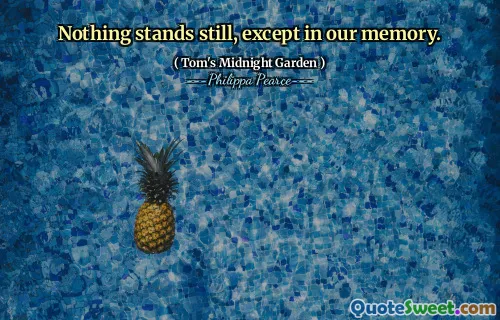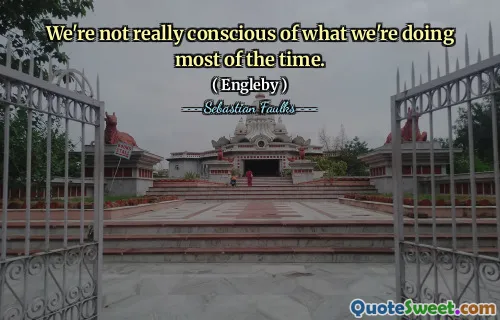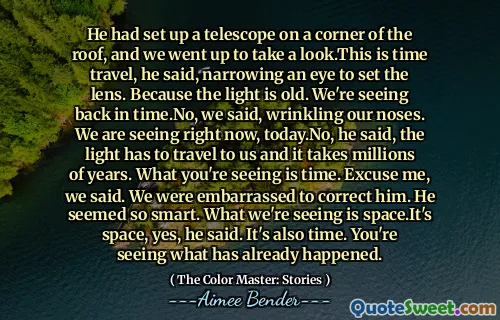
We had to get on food stamps for a short period of time, so I understand the need for those.
This quote highlights the nuanced understanding and empathy that can develop from personal experience with economic hardship. When someone openly acknowledges having relied on support systems like food stamps, it humanizes issues often discussed in political or economic debates. Personal stories such as this serve as powerful reminders that the safety net provided by programs like food assistance is crucial for many individuals and families facing unforeseen hardships or long-term poverty. Recognizing one's own temporary dependence on such aid can foster greater empathy toward others who rely on similar programs, thus reducing stigma and promoting a more compassionate societal approach.
Budget constraints, job losses, health emergencies, or unexpected expenses can rapidly push individuals and families into financial distress. Programs designed to assist during these times are essential in providing a safety net that helps people regain stability and work toward self-sufficiency. When leaders or public figures share their own experiences with these support systems, it can lead to more informed and empathetic policymaking. It also encourages the public to see these programs not as a permanent fixture for some, but as an essential aid during challenging times.
Moreover, such personal disclosures challenge stereotypes often associated with welfare recipients. They demonstrate that reliance on government assistance is not a moral failing, but sometimes an unavoidable circumstance that many people face. This understanding can foster a more supportive climate where policies aimed at social safety nets are valued and protected.
Ultimately, this quote underscores the importance of recognizing the human element behind social programs. It reminds us that economic hardships can happen to anyone, and compassion, informed by personal experience, can lead to better policy decisions and a more inclusive society.











